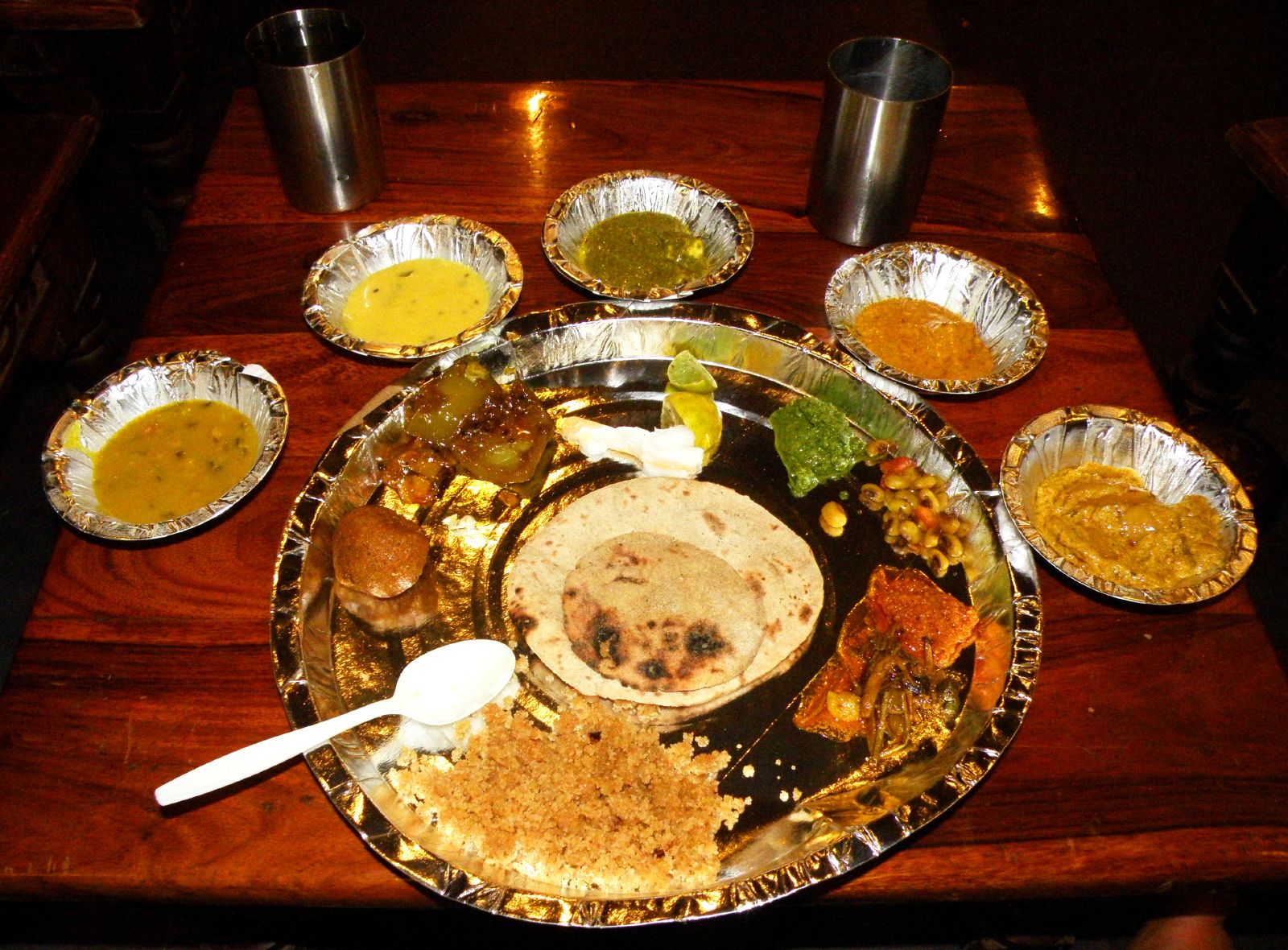|
Zhaijiao
The Chinese religions of fasting () are a subgroup of the Chinese salvationist religions. Their name refers to the strict vegetarian fasting diet that believers follow. This subgroup originated as the ''Lǎoguān zhāijiào'' (老官齋教 "Venerable Officials' teaching of fasting") sect that departed from the eastern "Great Vehicle" proliferation of Luoism in the 16th century and adopted features of the White Lotus tradition. The Chinese religions of fasting are the following three: * the Longhua sect (龍華教 "Dragon Flower"); * the Jintong sect (金幢教 "Golden Flag"); and * the Xiantiandao (先天道 "Way of Former Heaven") tradition. In the 1890s, a ''zhaijiao'' group assumed the functions of government in Gutian County, leading to the Kucheng Massacre.Kimihiko Sato.The Ku-t'ien Anti-missionary Incident (1895) : Vegetarian Sect, the shadow of Sino-Japanese War, and the conversion of the missionary diplomacy of the UK and U.S. See also * Chinese folk religion * Chinese ... [...More Info...] [...Related Items...] OR: [Wikipedia] [Google] [Baidu] |
Chinese Salvationist Religions
Chinese salvationist religions or Chinese folk religious sects are a Chinese religious tradition characterised by a concern for salvation (moral fulfillment) of the person and the society.; ''passim'' They are distinguished by egalitarianism, a founding charismatic person often informed by a divine revelation, a specific theology written in holy texts, a millenarian eschatology and a voluntary path of salvation, an embodied experience of the numinous through healing and self-cultivation, and an expansive orientation through evangelism and philanthropy. Some scholars consider these religions a single phenomenon, and others consider them the fourth great Chinese religious category alongside the well-established Confucianism, Buddhism and Taoism. Generally these religions focus on the worship of the universal God ( Shangdi), represented as either male, female, or genderless, and regard their holy patriarchs as embodiments of God. Terminology and definition "Chinese salvation ... [...More Info...] [...Related Items...] OR: [Wikipedia] [Google] [Baidu] |
Vegetarian
Vegetarianism is the practice of abstaining from the consumption of meat ( red meat, poultry, seafood, insects, and the flesh of any other animal). It may also include abstaining from eating all by-products of animal slaughter. Vegetarianism may be adopted for various reasons. Many people object to eating meat out of respect for sentient animal life. Such ethical motivations have been codified under various religious beliefs as well as animal rights advocacy. Other motivations for vegetarianism are health-related, political, environmental, cultural, aesthetic, economic, taste-related, or relate to other personal preferences. There are many variations of the vegetarian diet: an ovo-lacto vegetarian diet includes both eggs and dairy products, an ovo-vegetarian diet includes eggs but not dairy products, and a lacto-vegetarian diet includes dairy products but not eggs. As the strictest of vegetarian diets, a vegan diet excludes all animal products, and can be accom ... [...More Info...] [...Related Items...] OR: [Wikipedia] [Google] [Baidu] |
Fasting
Fasting is the abstention from eating and sometimes drinking. From a purely physiological context, "fasting" may refer to the metabolic status of a person who has not eaten overnight (see " Breakfast"), or to the metabolic state achieved after complete digestion and absorption of a meal. Metabolic changes in the fasting state begin after absorption of a meal (typically 3–5 hours after eating). A diagnostic fast refers to prolonged fasting from 1 to 100 hours (depending on age) conducted under observation to facilitate the investigation of a health complication, usually hypoglycemia. Many people may also fast as part of a medical procedure or a check-up, such as preceding a colonoscopy or surgery, or before certain medical tests. Intermittent fasting is a technique sometimes used for weight loss that incorporates regular fasting into a person's dietary schedule. Fasting may also be part of a religious ritual, often associated with specifically scheduled fast days, as deter ... [...More Info...] [...Related Items...] OR: [Wikipedia] [Google] [Baidu] |
Luo Teaching
Luodao (罗道 "Way of Luo") or Luoism (罗教), originally Wuweiism (无为教), refers to a Chinese folk religious tradition, a wide range of sect organisations flourishing over the last five hundred years, which trace their origins back to the mystic and preacher Luo Menghong (1443–1527), the Patriarch Luo (罗祖 ''Luōzǔ'') and the revelation contained in his major scripture, the ''Wǔbùliùcè'' (五部六册 "Five Instructions in Six Books"), which official title is ''The Scroll of Apprehending the Way through Hard Work'' and that marked the beginning of the precious scrolls' tradition. Luo and the movement he started is considered the most important influence within the Chinese salvationist tradition. A wide range of religious groups can be traced to Luo's teachings, their names are numerous and have changed over the centuries. Some of them have remained close to original Wuweiism as transmitted in Luo's scriptures, while other ones have developed other beliefs only ... [...More Info...] [...Related Items...] OR: [Wikipedia] [Google] [Baidu] |
White Lotus
The White Lotus () is a syncretic religious and political movement which forecasts the imminent advent of the "King of Light" (), i.e., the future Buddha Maitreya. As White Lotus sects developed, they appealed to many Han Chinese who found solace in the worship of Wusheng Laomu (). History Background The religious background of the White Lotus Sect goes back to the founding of the first White Lotus Society (白蓮社) in the Donglin Temple at Mount Lu by the Huiyuan (334–416 CE). During the Northern Song period (960–1126), White Lotus Societies were founded throughout southern China, spreading Pure Land teachings and meditation methods with them. Between 9th and 14th centuries, Chinese Manichaeans increasingly involved themselves with the Pure Land school. Through this close interaction Manichaeism had profound influence on Chinese Maitreyan Buddhist sects within the Pure Land tradition, practicing together so closely alongside the Buddhists that the two tradit ... [...More Info...] [...Related Items...] OR: [Wikipedia] [Google] [Baidu] |
Xiantiandao
The Xiantiandao (, or "Way of the Primordial"; Vietnamese language, Vietnamese: ', Japanese language, Japanese: '), also simply Tiandao (; Vietnamese: ', Japanese: ') is one of the most productive currents of Chinese folk religious sects such as the White Lotus Sect, characterised by representing the Absolute (philosophy), principle of divinity as feminine and by a concern for salvation (moral completion) of mankind. Xiantiandao was founded in Jiangxi in the 17th century Qing dynasty as an offshoot of the Chinese religions of fasting, Venerable Officials' teaching of fasting (), a branch of the Dacheng ( "Great Vehicle") or Yuandun ( "Sudden Stillness") eastern proliferation of Luoism. It has also been traced to the earlier ''Wugongdao'' ( "Way of the Five Lords"), a Yuan dynasty offshoot of the White Lotus tradition. The Xiantiandao religions were considered heterodoxy, heterodox and suppressed throughout the history of China; they are still mostly forbidden in China, Mainland Ch ... [...More Info...] [...Related Items...] OR: [Wikipedia] [Google] [Baidu] |
Gutian County
(; Foochow Romanized: ''Kŭ-chèng Gâing'') is a county lying in the northeastern Fujian province, People's Republic of China. It is under the administration of Ningde City and is located in the southwest part of the municipality. It is also known as "the town of the former worthy", as Zhu Xi, a famous Chinese scholar once lived there. It is also known as Kutien or Kucheng. *Area: *Population: 429,463 History The county was set up in the Tang Dynasty by Liujiang in 741 AD. Since Zhuxi, one of the famous scholars in China, lived there, it is also called "the town of the former worthy." In 1895 the county was the site of a massacre of Christian missionaries. Geography The Min River (Fujian) runs through Gutian, covering a distance of . Climate Scenic Areas There are a number of scenic areas in Gutian. * The thousand-year-old Auspicious Tower (). * The Xishan Academy of Classical Learning (), where Zhuxi once taught. * The Linshui Palace (). * The Temple of Paradi ... [...More Info...] [...Related Items...] OR: [Wikipedia] [Google] [Baidu] |
Kucheng Massacre
The Kucheng massacre (; Pinyin: ''Gǔtián Jiào'àn''; Foochow Romanized: ''Kŭ-chèng Gáu-áng'') was a massacre of Western Christians that took place at Gutian (at that time known in the west as ''Kucheng'') Fujian, China on August 1, 1895. At dawn of that day, a fasting folk religious group attacked British missionaries who were then taking summer holidays at Gutian Huashan, killing eleven people and destroying two houses. The Kucheng Massacre is considered one of the worst attacks against foreigners in China prior to the Boxer Movement in 1899–1901, the only comparable event in China's missionary history being the Tianjin Massacre in 1870. Background In 1892, a religious movement called ''zhaijiao'' ("fasting school", so called because their followers took vows of vegetarianism) began assuming the functions of government due to the decrepit condition of Qing dynasty government in the Gutian region. They resolved disputes between villagers, banned opium, and ended ... [...More Info...] [...Related Items...] OR: [Wikipedia] [Google] [Baidu] |
Chinese Folk Religion
Chinese folk religion, also known as Chinese popular religion comprehends a range of traditional religious practices of Han Chinese, including the Chinese diaspora. Vivienne Wee described it as "an empty bowl, which can variously be filled with the contents of institutionalised religions such as Buddhism, Taoism, Confucianism, the Chinese syncretic religions". This includes the veneration of ''shen'' (spirits) and ancestors, exorcism of demonic forces, and a belief in the rational order of nature, balance in the universe and reality that can be influenced by human beings and their rulers, as well as spirits and gods. Worship is devoted to gods and immortals, who can be deities of places or natural phenomena, of human behaviour, or founders of family lineages. Stories of these gods are collected into the body of Chinese mythology. By the Song dynasty (960-1279), these practices had been blended with Buddhist doctrines and Taoist teachings to form the popular relig ... [...More Info...] [...Related Items...] OR: [Wikipedia] [Google] [Baidu] |
Luoism
Luodao (罗道 "Way of Luo") or Luoism (罗教), originally Wuweiism (无为教), refers to a Chinese folk religious tradition, a wide range of sect organisations flourishing over the last five hundred years, which trace their origins back to the mystic and preacher Luo Menghong (1443–1527), the Patriarch Luo (罗祖 ''Luōzǔ'') and the revelation contained in his major scripture, the ''Wǔbùliùcè'' (五部六册 "Five Instructions in Six Books"), which official title is ''The Scroll of Apprehending the Way through Hard Work'' and that marked the beginning of the precious scrolls' tradition. Luo and the movement he started is considered the most important influence within the Chinese salvationist tradition. A wide range of religious groups can be traced to Luo's teachings, their names are numerous and have changed over the centuries. Some of them have remained close to original Wuweiism as transmitted in Luo's scriptures, while other ones have developed other beliefs only ... [...More Info...] [...Related Items...] OR: [Wikipedia] [Google] [Baidu] |
Vegetarianism And Religion
The practice of vegetarianism is strongly linked with a number of religious traditions worldwide. These include religions that originated in India, such as Hinduism, Jainism, Buddhism, and Sikhism. With close to 85% of India's billion-plus population practicing these religions, India remains the country with the highest number of vegetarians in the world . In Jainism, vegetarianism is mandatory for everyone; in Hinduism, Mahayana Buddhism and certain Dharmic religion such as Sikhism, it is promoted by scriptures and religious authorities but not mandatory. In the Abrahamic religions (Judaism, Christianity, and Islam), the Bahá'í Faith, vegetarianism is less commonly viewed as a religious obligation, although in all these faiths there are groups actively promoting vegetarianism on religious grounds, and many other faiths hold vegetarian and vegan idea among their tenets. Religions originating in the Indian subcontinent Jainism institutes an outright ban on meat. The majo ... [...More Info...] [...Related Items...] OR: [Wikipedia] [Google] [Baidu] |




.jpg)
